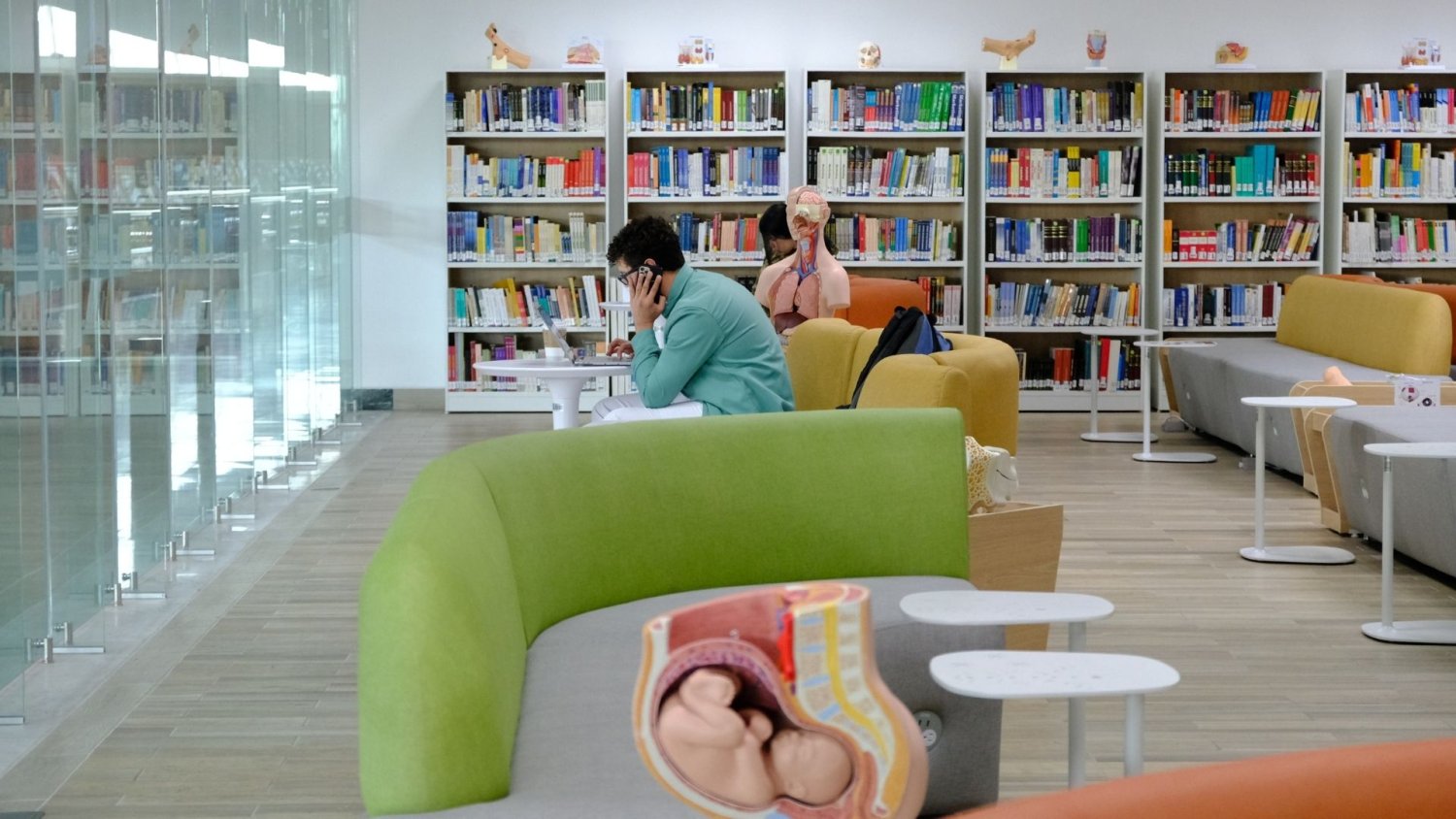The United States Medical Licensing Examination (USMLE) Step 1 is a significant milestone for medical students. Understanding its importance early in your medical education can set the stage for a successful career. In this article, we'll discuss why taking USMLE Step 1 during the basic sciences of medical school is advantageous, how it fits into your medical journey, and the benefits it brings.
Understanding USMLE Step 1
USMLE Step 1 is designed to assess a medical student’s understanding of fundamental concepts that are needed for practicing medicine. It covers a broad range of topics, including anatomy, biochemistry, physiology, microbiology, pathology, pharmacology, and more. The exam tests your ability to apply basic science knowledge to clinical scenarios, which is essential for patient care and further medical education.
The Benefits Of Early Preparation
Building a Strong Foundation
Starting USMLE Step 1 preparation at the beginning of medical school allows you to build a strong foundation in basic medical sciences. This early start helps integrate your coursework with exam preparation, making it easier to retain and apply the knowledge. By aligning your studies with the USMLE content outline, you can develop a deeper understanding of the material, which is beneficial for both the exam and your future clinical practice.
Reducing Stress and Pressure
Medical school is demanding, and the pressure only increases as you progress. Tackling USMLE Step 1 early can alleviate some of this pressure. By spacing out your study schedule over a more extended period, you can reduce the intensity of cramming sessions closer to the exam date. This approach promotes a more relaxed and effective study routine, helping you maintain a healthier work-life balance.
Enhancing Long-Term Retention
Studies have shown that spaced repetition and continuous review are effective methods for long-term retention of information. Starting your USMLE Step 1 preparation during your basic sciences years allows you to use these techniques effectively. Regularly revisiting material over time reinforces your knowledge and improves recall, which is vital for performing well on the exam and retaining information for clinical practice.
Strategic Timing: When to Take the USMLE Step 1
Integrating with Medical School Curriculum
Taking USMLE Step 1 at the beginning of medical school means you can easily integrate your exam preparation with your coursework. As you cover topics in your classes, you can simultaneously study for the exam, reinforcing your learning and making the material more relevant. This approach ensures that your exam preparation complements your academic progress, leading to a more cohesive understanding of medical concepts.
Maximizing Clinical Experience
Medical school includes both preclinical and clinical phases. Taking USMLE Step 1 early allows you to focus on your clinical experiences without the added burden of exam preparation. By completing the exam before entering the clinical phase, you can fully immerse yourself in hands-on learning and patient care, applying the knowledge you've gained in real-world scenarios.
Practical Tips for Early USMLE Step 1 Preparation
Create a Study Schedule
A well-structured study schedule is essential for effective USMLE Step 1 preparation. Start by mapping out your coursework and identifying key topics covered in the exam. Allocate dedicated study time each week to review these subjects, ensuring consistent progress. Remember to include breaks and time for self-assessments to gauge your understanding and adjust your study plan as needed.
Utilize Study Resources
There are numerous resources available to aid your USMLE Step 1 preparation. Textbooks, review books, question banks, and online courses are all valuable tools. Choose resources that align with your learning style and use them to supplement your coursework. Practice questions and mock exams are particularly helpful for familiarizing yourself with the exam format and identifying areas for improvement.
Join Study Groups
Collaborating with peers can enhance your study experience. Joining a study group allows you to discuss challenging topics, share resources, and gain different perspectives on the material. Group study sessions can also provide motivation and accountability, helping you stay on track with your preparation.
Summary
Taking USMLE Step 1 during your basic sciences years of medical school offers numerous benefits, from building a strong foundation and reducing stress to enhancing long-term retention and maximizing clinical experience. By strategically timing your preparation and utilizing effective study techniques, you can set yourself up for success on this important exam and in your medical career.
Are you ready to start your USMLE Step 1 journey? Explore our
resources and join our supportive community of medical students. Together, we can help you succeed on your path to becoming a healthcare professional.
UAG School of Medicine: A Tradition of Excellence
UAG School of Medicine is dedicated to nurturing future physicians with the skills to tackle personal and community health challenges, offering a US-style curriculum and lifelong student support. Our state-of-the-art facilities in Guadalajara and partnerships with local hospitals ensure top-
tier field experience. Our innovative education models prepare students for a better future in healthcare.
For more information about our programs,
contact us via our website.


